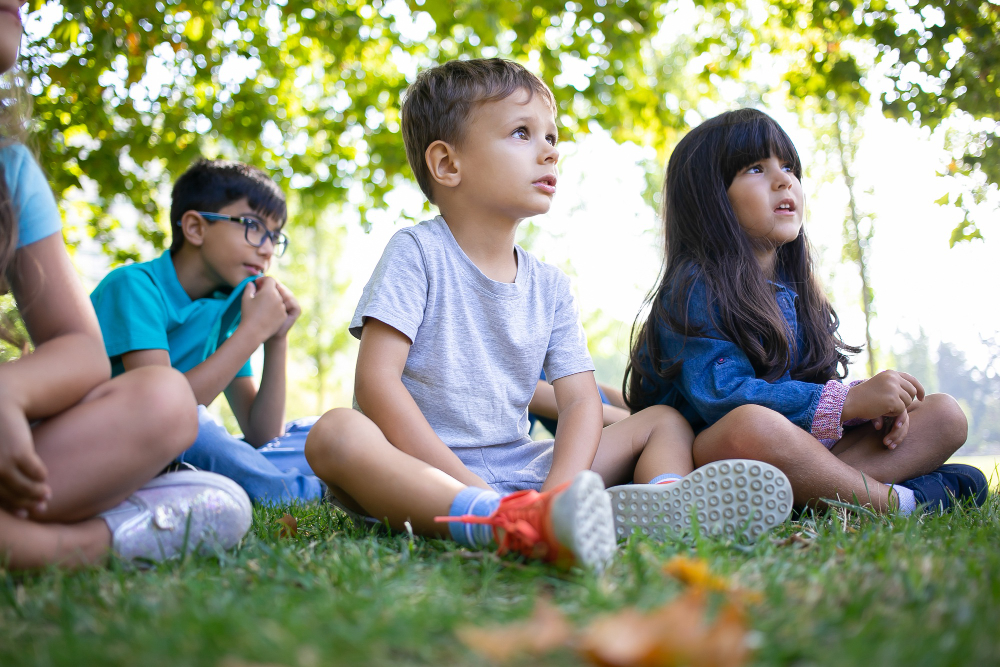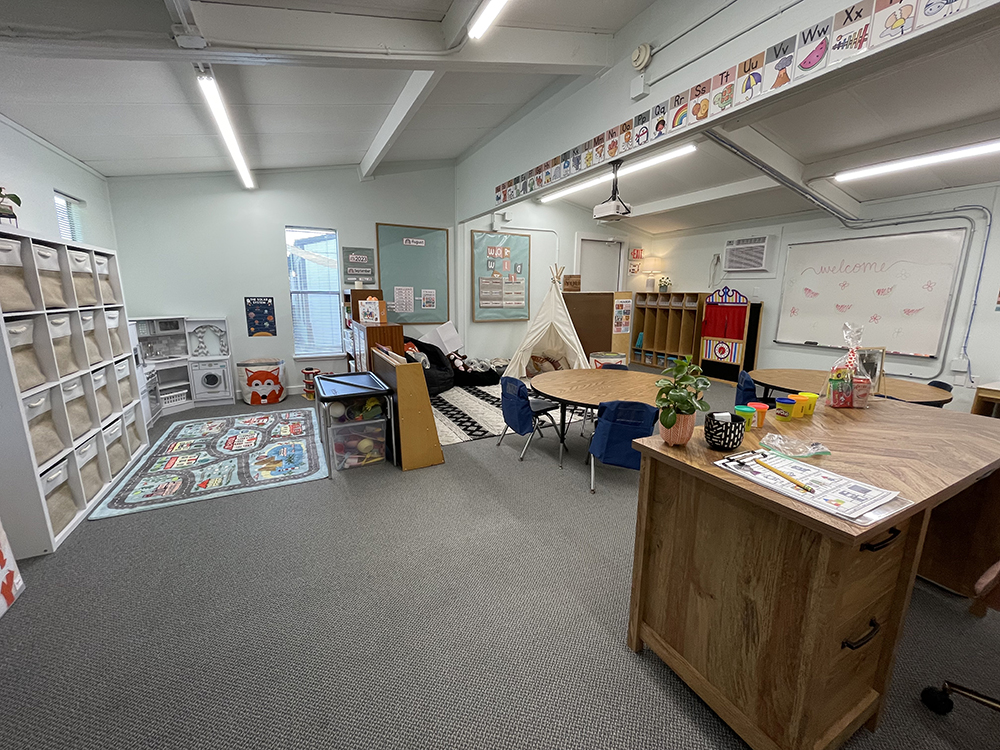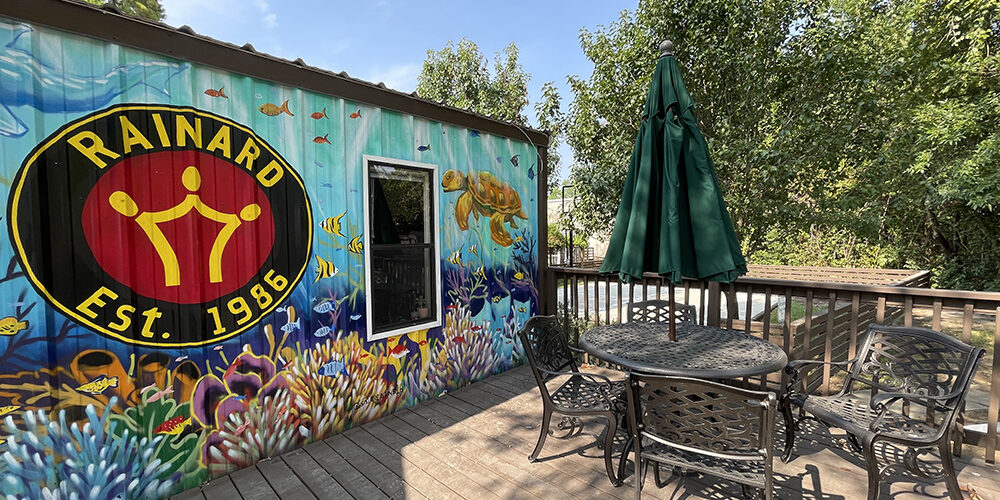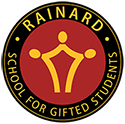Preschool Versus Daycare | The Advantages of a School Setting for Educational Success
Any Houston Kindergarten teacher will tell you there is a clear difference between a Kindergartener who has been in daycare and one who has been in preschool. Children who have experienced a preschool environment are better prepared for a school learning environment. They understand the basic functions of how school works; sitting at a table, sharing, expressing themselves and communication with teachers and peers. They have higher social and emotional development, are more understanding of math and literacy concepts and are often more cognitively developed.
Social and Emotional Development In Preschool
Development of social and emotional skills allow children to learn about who they are and what they can do. A preschool environment helps children develop healthy relationships with adults and peers outside of their parents, family and close friends. Development of these kinds of relationships helps students to learn to regulate emotions, assert independence appropriately, and accomplish tasks in a group setting. Early experiences like these can help brain development by establishing neural connections. Children establish language foundations, problem solving, and positive social skills.

Focus on School Readiness
Social and emotional development in preschool assists with school readiness. Children who have learned how to share, resolve conflicts and demonstrate empathy are more emotionally ready for Kindergarten than those who have been in a more relaxed daycare environment.
Preschools will also focus on establishing baseline literacy skills such as reading, writing, and language as well as baseline math skills. Simple tools like conversation skills, listening, and storytelling experienced in a preschool setting help set children up for success in school. Preschool math includes skills like counting, understanding concepts like more or less, sorting and matching, and creating patterns. All of these skills help a preschool aged child get ready for learning in a school environment.
Some preschools, like Rainard, include science, social studies, foreign language and technology into preschool curriculum. Developing awareness of time, daily routines, direction, and community is all part of early social studies education. Concepts of light, heat, earth and space taught in preschool help build a foundation for future science education.
Cognitive Development
Psychologist Jean Piaget subscribes to the idea that children go through four stages of cognitive development. From ages 2 to 6 years they are in the Preoperational stage.
Their logical thinking is underdeveloped at this stage, however time spent in a preschool environment can help them develop logical thinking. Engaging in conversation outside of their household stimulates cognitive development. Children learn to think of things more abstractly. They begin to understand that objects continue to exist, even when they can’t see them.
During this stage children start out very self centered. Think of any 2 year old playing with another 2 year old, they don’t understand the concept of sharing, only that they want a certain toy when they want it. Children in daycare often don’t have the classroom structure to learn developmental skills such as sharing and empathy. Structured learning and play found in preschool helps cognitive development in this phase. Pretend play and imaginative play, drawing, storytelling, and mimicking behavior are all essential to cognitive development and are all part of a preschool curriculum.

Parental Involvement
It’s hard for any parent to send their child to preschool or daycare, especially if they’ve spent their first 4 years of life at home. Preschools offer far more opportunities for parent involvement. Parents are encouraged to attend functions, volunteer for classroom reading, and get involved in their child’s education. For most daycares, this is not the case. If parents are looking to stay involved in their child’s early development, preschool is the way to go.
GT Preschool Education at Rainard

At Rainard even our youngest students have their academic, social, and emotional needs nurtured through our school’s intimate setting. Our Pre-K students have all core lessons with their main teachers in their homeroom. They move as a group to other classrooms for Specials. We focus on interest based learning, experiential learning through field trips, and education outdoors. If you are interested in a sample of our preschool curriculum, you can view it here.


